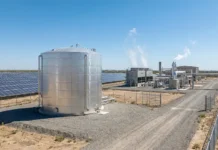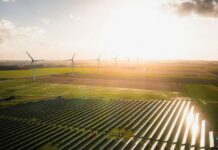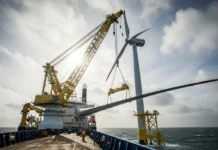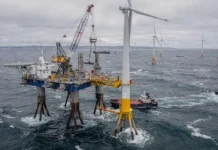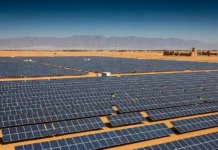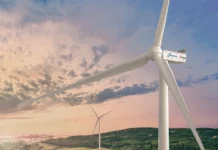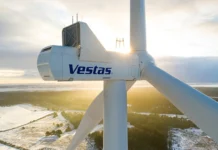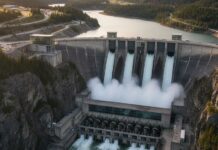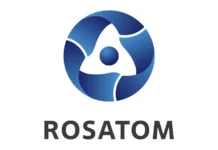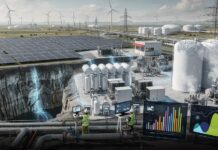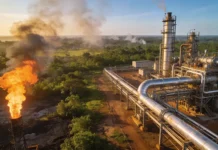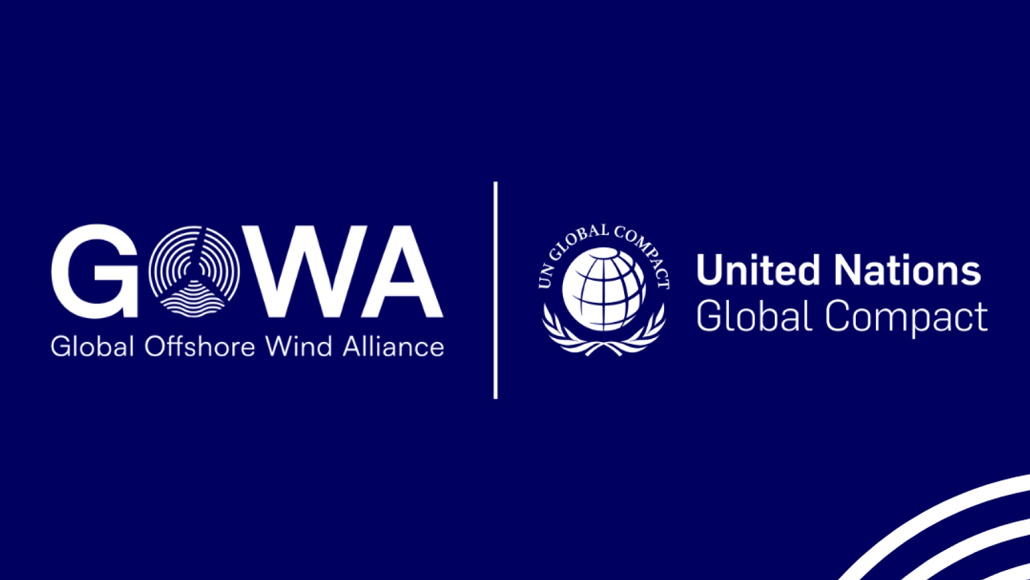The United Nations Global Compact Ocean Stewardship Coalition has now joined the Global Offshore Wind Alliance (GOWA) formally, reaffirming initiatives to scale up offshore wind as a catalyst for the clean energy transition and the Sustainable Development Goals (SDGs). This move strengthens the collaboration between governments, industry and civil society in deploying offshore wind as a sustainable energy source. GOWA was initiated at COP27 by the Danish Government, International Renewable Energy Agency (IRENA) and the Global Wind Energy Council (GWEC), with a goal of at least 2,000 GW of offshore wind capacity globally by 2050.
With this collaboration, the UN Global Compact Ocean Stewardship Coalition seeks to leverage its global network of businesses and stakeholders to speed up responsible and inclusive deployment of offshore wind. Its interest will extend to promoting country-level energy transitions and supply chain strengthening, as well as generating jobs in coastal areas. The initiative ties into the coalition’s broader agenda of advancing offshore renewable energy alongside zero-emission shipping, low-carbon blue food, and ocean-based climate solutions.
“Offshore wind is one of the fastest, most scalable routes to clean power and green growth. By joining GOWA, we will help companies turn ambition into credible action — accelerating investment, strengthening supply chains and ensuring deployment that is safe for people and positive for nature, in line with the Ten Principles and the Sustainable Development Goals,” said Erik Giercksky, Head, Ocean Stewardship Coalition, United Nations Global Compact.
“We are delighted to welcome the UN Global Compact to GOWA,” added Amisha Patel, Head of the GOWA Secretariat. “Mobilizing the private sector is essential to achieving our collective targets. The UN Global Compact brings a powerful platform for business leadership and practical tools that can help countries and companies deliver offshore wind responsibly and at pace.”
The Global Offshore Wind Alliance’s work will emphasize sharing best practices in policy and permitting, enabling investment and supply-chain development, including workforce safety, and promoting nature-inclusive design and community engagement to accelerate deployment in both emerging and established markets.






